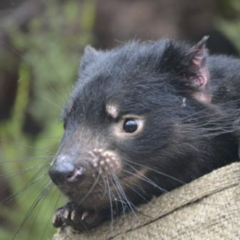3 Feb 2026
Happy New Year!
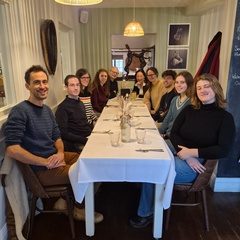
19 Dec 2025
Christmas TCG party
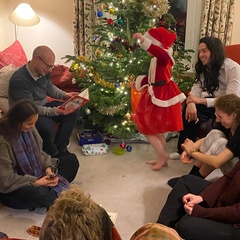
15 Dec 2025
Dr Julie Dragon visits
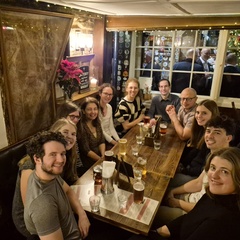
12 Dec 2025
TCG at Companion Animal Genetic Health conference
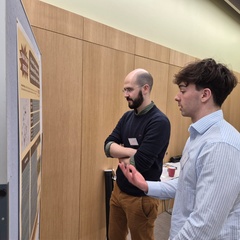
2 Dec 2025
ICR CANPOP meeting
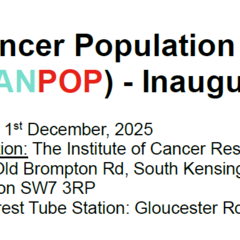
24 Nov 2025
WECare Sri Lanka
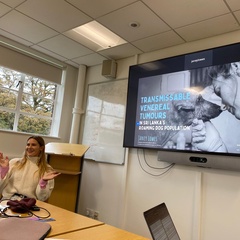
26 Oct 2025
Rebecca Scott presenting at the RCVS Fellowship Day
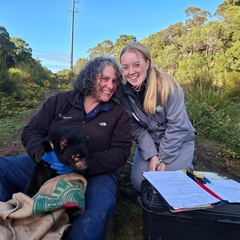
26 Oct 2025
TCG movie night
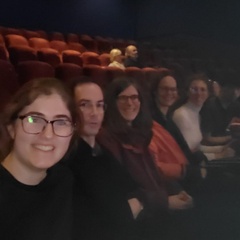
9 Oct 2025
PhD opportunity with the Transmissible Cancer Group
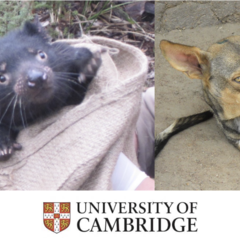
7 Oct 2025
Visitor from Austria
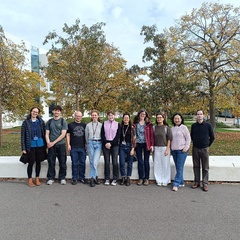
6 Oct 2025
Visitor from Tasmania
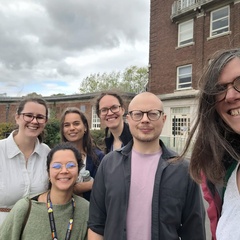
13 Aug 2025
TCG annual punting trip
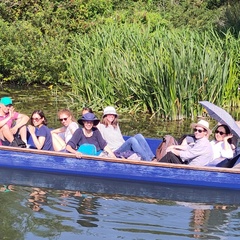
14 Jul 2025
The Transmissible Cancer Group 2025 retreat
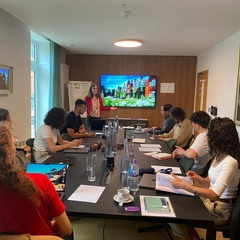
23 Apr 2025
Cells of a transmissible cancer can take up DNA from their normal neighbours
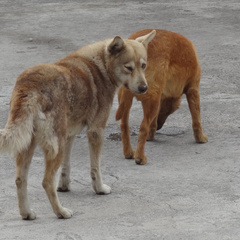
21 Apr 2023
New study from the Transmissible Cancer Group reveals evolution of Tasmanian devil cancers
